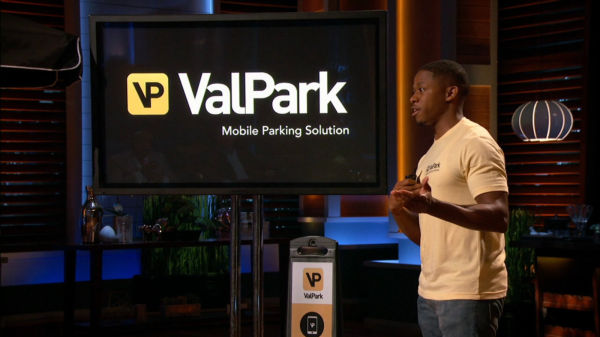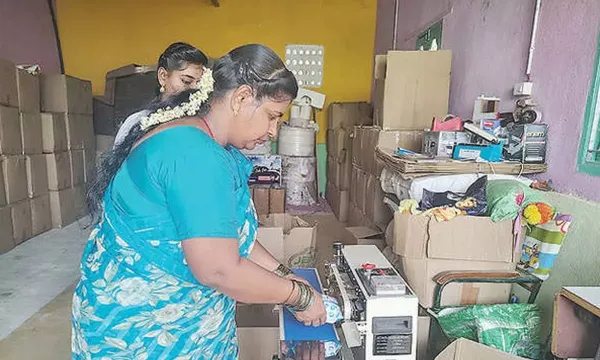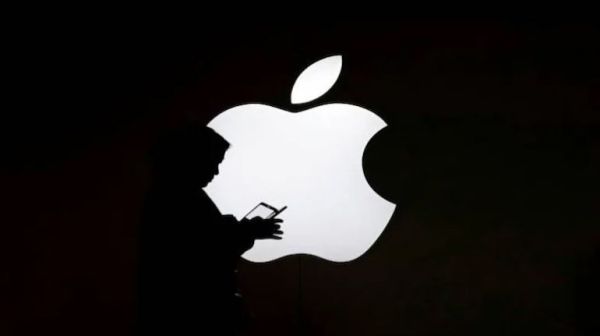The third episode of the seventh season of “Shark Tank” premiered on ABC on October 9, 2015, to an audience of 5.84 million people, according to Nielsen Media Research’s viewership ratings. The second of four pitches that week featured ValPark Mobile, an app for streamlining the valet and garage parking experience. At the time, the app was only operational in the Washington, DC, metropolitan area and had made a non-trivial dent so far, but there was still a lot of work to be done. The Sharks, in particular Mark Cuban, felt that ValPark was filling a very legitimate need, but they had serious concerns about how scalable and, thus, how investable the business was.
Advertisement
From everything we can find, it doesn’t look like ValPark lasted long after the “Shark Tank” episode featuring it first premiered. It continued to get some local business media coverage in the Washington, DC area, but right after the second such article, the company’s social media pages went dark. Let’s take a detailed look at how ValPark weaved its way through “Shark Tank” and beyond.
What happened to ValPark on Shark Tank?
Wayne Johnson entered the tank seeking a $300,000 investment for a 20 percent equity stake in ValPark, his smartphone app for paying for valet and garage parking. In addition to offering a cashless payment solution, ValPark also helps you find valets, and you can use the app to request your car as you’re getting ready to leave the restaurant/venue. At the time the episode was shot, ValPark was operational in Washington, DC, as well as the city’s suburbs in Maryland and Virginia.
Advertisement
Johnson developed the app himself, and his business partner (46 percent equity) owns the biggest valet company on the East Coast. In year one, they processed $270,000 in transactions, which they monetized via an extra 8.5 percent convenience fee for $22,950 in revenue. In year two, that was replaced by a 15 percent customer convenience fee with the credit card fee split evenly with the vendor, plus each vendor paying a $49 per month subscription fee.
Cuban thought it was a great business for Johnson but not investable, so he opted out, as did guest shark Troy Carter, who felt it would be too easy to knock off. Kevin O’Leary followed, not seeing the vision, as did Lori Greiner, who was uncomfortable taking significant equity from Johnson given his partnership. Daymond John wanted to invest but felt he needed Cuban or Carter’s software expertise, and neither of them wanted to revisit the matter, so Johnson left the tank without a deal.
Advertisement
What happened to ValPark after Shark Tank?
Wayne Johnson’s LinkedIn page says that he left ValPark in May 2015. Since the episode was shot in July 2015, taking this timeline at face value would mean that he was technically already out of the company when he shot the episode. Contemporaneous evidence suggests the LinkedIn date is in error, as the Washington Business Journal profiled Johnson as if he was still actively involved in an article published in November 2015 and again in June 2016.
Advertisement
In the first article, Johnson outlined expansion plans, expressing hope that ValPark would add three additional cities — Atlanta, Los Angeles, and Austin — by the end of Q1 2016, with Boston and Miami also in the pipeline. In the second article, he explained that ValPark continued to be self-funded by he and business partner Ben Tesfaye (to the tune of $100,000 to date), albeit while seeking outside investors. He indicated that they’d gotten informal offers in the immediate aftermath of the episode airing, but none of them had panned out.
“We got slammed,” he said. “It took me two or three weeks just to filter through all of the emails — from potential investors, people saying thanks, people trying to work with you or for you. We probably got about 200 resumes.”
Advertisement
As of the article’s writing, though, ValPark was still serving the Washington, DC market exclusively. At that time, the plan was to move into Atlanta, Los Angeles and Dallas after hitting 70 percent market saturation in DC.
Is ValPark still in business?
The June 2016 Washington Business Journal article about ValPark appears to have been the company’s last hurrah, as that’s when the company’s social media accounts went dormant. The last posts on ValPark’s accounts on both Instagram and Xthe platform then known as Twitter, were about the article, even showing off the print version. ValPark’s Facebook page didn’t even make it that long, never posting about the Journal article and instead going dark after a May 2016 post about a since-deleted Forbes.com article.
Advertisement
It’s not clear when the ValPark iOS app fell off of the Apple App Store, but it’s been long enough that it doesn’t show up in Google searches. The only functioning Wayback Machine cache of the listing on The Internet Archive, from June 2016shows it averaging a four-star rating out of five from just 16 users.
It seems fair to assume that ValPark shut down at some point in the second half of 2016, with Ben Tesyafe’s LinkedIn page saying he exited in December of that year. By spring 2017, according to Wayne Johnson’s LinkedIn pagethe majority partner had moved on to other business endeavors.
What’s next for ValPark’s founders?
Ben Tesyafe, the co-founder who wasn’t on “Shark Tank,” continues to do most of the same things he did before ValPark, at least according to his LinkedIn page. He has a number of different business interests, including continuing to serve as the managing partner of USP Parking, the parking facility management company that made him the perfect partner for Wayne Johnson on paper. Most recently, in January 2024, he co-founded Medrafa, an e-prescription and pharmacy inventory system specifically targeting the Ethiopian market.
Advertisement
As for Johnson, his LinkedIn page says that he moved into the nightlife business proper, partnering in three establishments that launched in 2017, 2018, and 2023, respectively. Those are Saint Yves, a nightclub and private event space; Abigail Nightclub (self-explanatory); and Llamabar, a cafe specializing in organic foods. In addition, the official website for his and partner Tony Perry’s WT Nightlife business adds a fourth establishment, Gaia Supper Club, listed as opening in spring 2025.
Of the three WT Nightlife establishments in operation as of this writing in March 2025, Llamabar appears to have the best reputation, with four star-plus average ratings out of five on Google and Yelp. The two nightclubs haven’t fared nearly as well, with Saint Ives and Abigail each averaging under three stars on both sites. One Google reviewer even warned Saint Ives patrons to be extra careful, finding drinks they never ordered on their register receipt.
Advertisement








